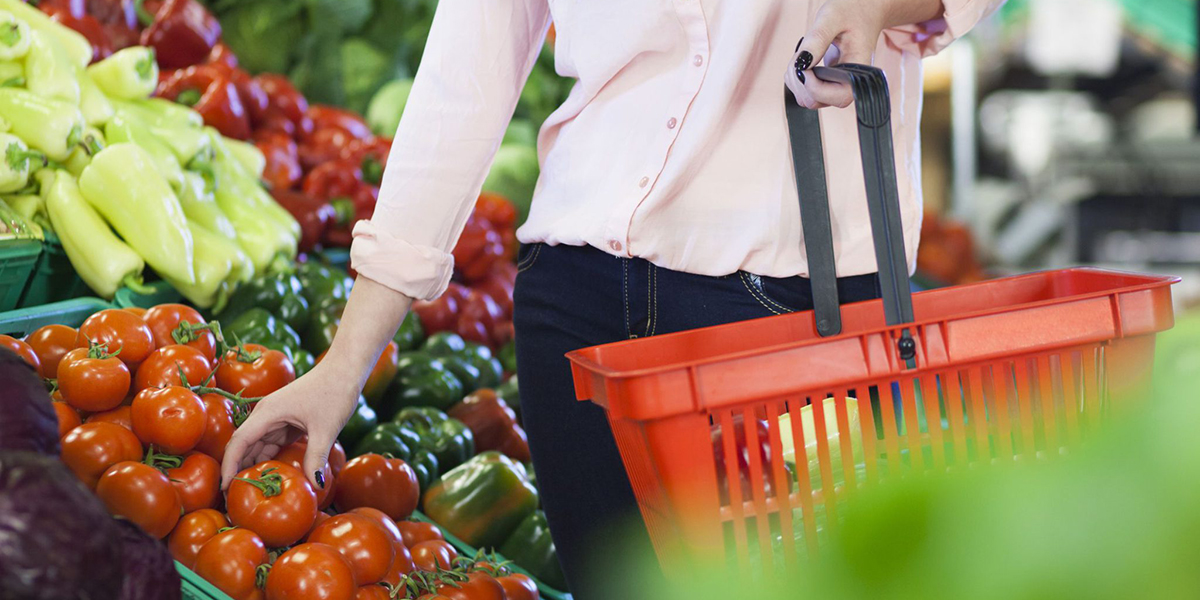The International Food Acquisition Research and Methods hybrid workshop took place October 20–21, 2022.

There is an increasing interest in food data among researchers and policymakers around the globe. This includes data about food acquisitions and purchases, nutrition, food security, food assistance, local food environments, food loss and waste, and health. To address the challenges with collecting high-quality food data, innovative techniques for data collection and processing are needed.
On October 20–21, approximately 50 in-person and 80 online attendees from around the world took part in an in-depth workshop to explore these issues with speakers from Italy, Denmark, Australia, Hong Kong, Ethiopia, and more. The goal of this event, jointly organized by the U.S. Department of Agriculture’s (USDA) Economic Research Service (ERS) and the Social Data Science Center (SoDa) at the University of Maryland, was to provide a venue for researchers from different disciplines and countries to discuss advancements in methods for collecting and processing food acquisition data.
According to Assistant Research Professor Chris Antoun, “A general theme was that collecting, processing and analyzing food data is difficult but critical to get right. There seems to be no silver bullet for measuring concepts such as ‘food security,’ ‘portion size,’ and ‘food away from home.’ But there are opportunities to draw on different data sources and collect data using emerging technology. For example, several presentations described using smartphone apps with advanced features such as image capture and voice input.”
The workshop featured a variety of presentations and panel discussions on new methods for collecting and processing food acquisition data with keynotes by Dr. Jennifer Coates (Tufts University), Dr. Brady West (University of Michigan), and Dr. Parke Wilde (Tufts University).
HCIM Graduate Assistant Utkarsh Chhadva notes, “The iFARM Workshop showed some of the current techniques that are being used to collect and process food acquisition data, and seeing such diverse work being done by the workshop presenters across different platforms has been eye-opening.”
A special thanks goes to Assistant Research Professor Chris Antoun and representatives from the University of Mannheim (Germany) and the USDA for organizing this event. To learn more about the iFARM Workshop Organizing Committee, click here.
Watch Day 1, Part 1 Here: